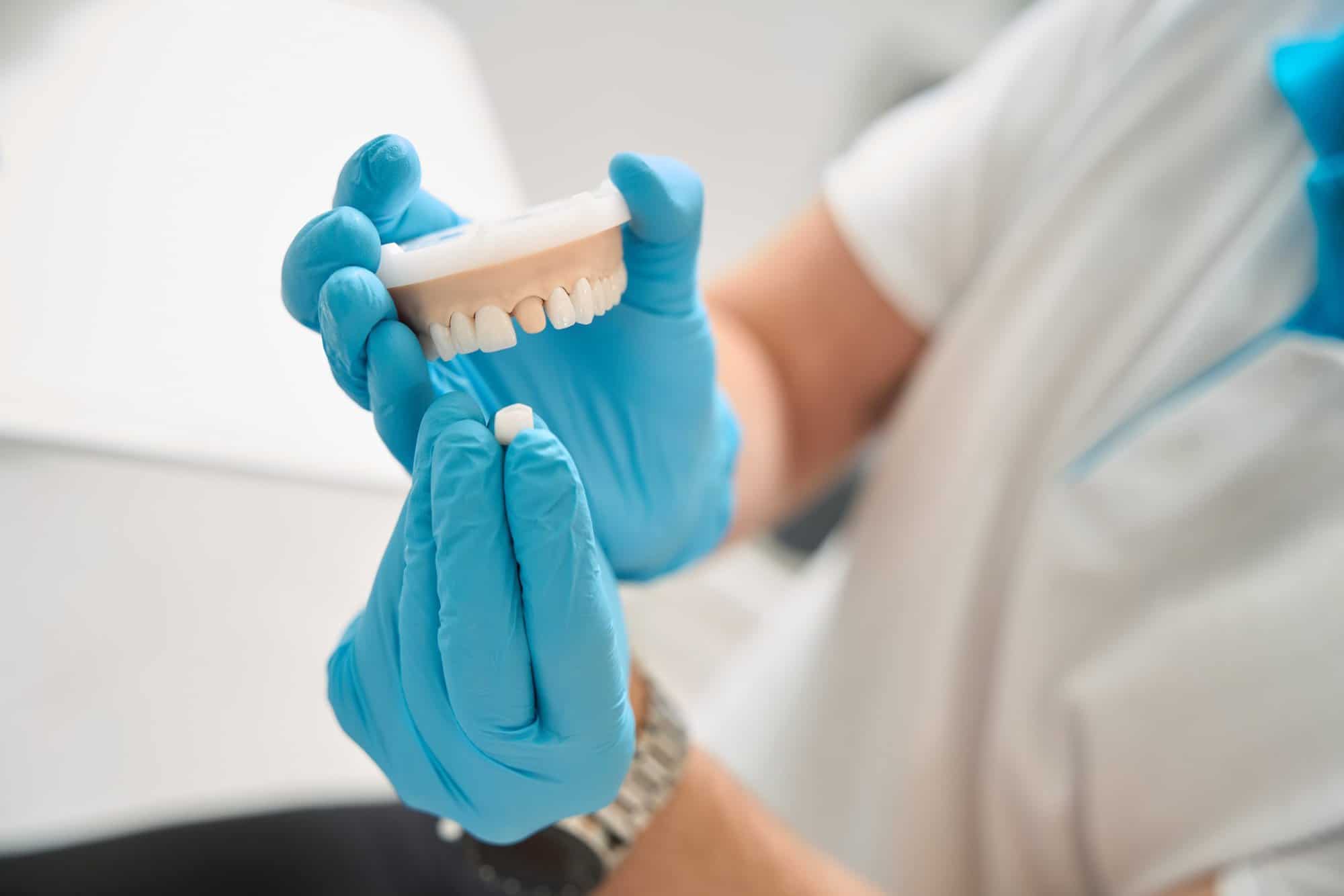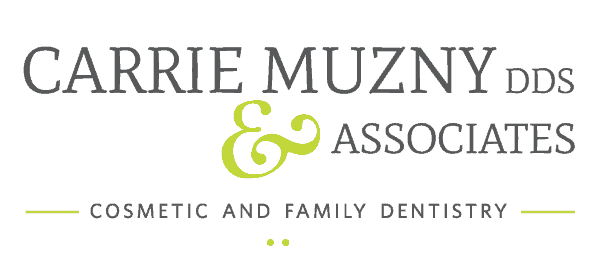
Types Of Dental Crowns: Which One Is Best For You?
A dental crown is a tooth-shaped cover placed over your tooth. It restores and covers your tooth’s size, shape, strength, and appearance.
There are various reasons why your dentist may recommend you get a crown on one or multiple teeth, and your dentist can go over the different types of dental crowns to help you decide which one is best for you.
Depending on your oral health condition, alternatives to a full-coverage dental crown may exist. This article will review the reasons for a dental crown, the advantages and disadvantages of various materials used to make dental crowns, and the costs to help you decide which one is best for you.
Reasons Why Your Dentist May Suggest A Crown
Some of the oral health issues that a dental crown can help with include the following:
- An implant that needs to be covered
- You have a weak tooth, severe cavity, or decay
- A tooth with a large filling that needs to be replaced
- A cracked or severely damaged tooth
- A root canal, especially for a posterior tooth
- You have a bite misalignment
- For cosmetic purposes, to improve your beautiful smile, and to level the shape, color, and size of your teeth
The Process Of Getting A Dental Crown
Depending on the type of dental crown you’ll get, you may need to go to the dentist a few times, especially if it’s a custom crown. If your dentist has a CEREC or similar device, it may require only one appointment. The basic process of getting a crown includes the following:
- Your dentist will remove any decay, root canal, or both and prepare your tooth as needed to receive a dental crown
- Your dentist will make a mold of your tooth so that the crown fits perfectly and is the exact shape of your tooth
- Your teeth will be protected with a temporary restoration until your crown is ready. It’s essential to take care proper care of the temporary cap and ensure that you avoid eating sticky or hard foods to keep it from cracking
- Most dental crowns take about a week to be prepared
Different Types Of Dental Crowns
Dental crowns can be made from various materials and vary in cost and procedures depending on the patient’s needs. Here are the five main types of dental crowns.
#1. Porcelain Dental Crown
Person dental crowns are the most common type used today and are made entirely of porcelain material.
Advantages
- Ceramic and porcelain crowns look the most natural, matching your teeth in size, shape, and color
- They are ideal for the restoration of front teeth
- Porcelain crowns are biocompatible, use no metal, and are non-toxic
Disadvantages
- Porcelain crowns may last for a long time but are not as strong as crowns made of metal and must be taken care of properly
- If you grind your teeth, it would be better for you to have a PFM crown which is porcelain capped over metal
#2. Porcelain Fused-to-Metal Dental Crown
Also called PFM, these crowns are widely used and provide the best of both worlds, as the porcelain covers the metal structure.
Advantages
- They are durable and match aesthetically with the other teeth
- PFM crowns have been used extensively for over 50 years
- They are more affordable than a porcelain crown
Disadvantages
- Sometimes they create a gray line on the patient’s gum line
- If you clench your teeth, you may find that they wear down faster against your other teeth
#3. Gold Dental Crown
Gold dental crowns are made from copper, nickel, chromium, and other metals. While they work well for back restorations, gold crowns are less popular today because of their aesthetics.
Advantages
- Gold dental crowns are strong and durable
- When cared for properly, they last a long time
- Your dentist will only need to remove a minimal proportion of your natural tooth
- Gold dental crowns wear down slower, similar to natural tooth enamel
Disadvantages
- They are not aesthetically pleasing and do not look natural
- Some people experience swelling or allergic reactions
#4. Zirconia Dental Crowns
The zirconia and dental crowns are made with reasonably new material and have recently gained popularity among patients.
Advantages
- They combine the aesthetics of porcelain dental crowns and the strength of metal dental crowns
- They are durable and robust, resulting in less breaking and chipping
- They can be made quicker and can be cut and shaped in your dentist’s office
- They are biocompatible, metal-free, and unlikely to cause an allergic reaction in patients
Disadvantages
- They are strong and can cause wear on the opposing teeth
- It is challenging to adjust solid zirconia
#5. Lithium Disilicate Dental Crowns
This type of crown, also known as E-Max, is the newest type of dental crown and is made of lithium disilicate, which is thin and light.
Advantages
- They are aesthetically beautiful and match the rest of your teeth
- Durable and solid
- An ideal choice for both back and front teeth
Disadvantages
- They may cost more than other options
- Occasional incidents of failure on posterior teeth, especially if you need multiple teeth done
Cost of Dental Crowns
The cost of your dental crowns will vary, and you should expect porcelain crowns will generally cost more than metal ones. Dental crowns range from $500 to $3000 or more. The price depends on various factors such as insurance, dental fees, and any additional necessary dental procedures the patient needs.
Alternatives To Full Dental Crowns
A cost-effective solution would be an indirect resin crown made by your dentist, a type of restoration similar to a large filling. Although these are less durable, they are more affordable.
Onlays and three-quarter crowns are options if you still have a solid tooth structure, as they do not cover your entire tooth. Your dentist can remove any necessary area of your tooth and reshape it to receive a partial crown.
How To Know Which Type Of Dental Crown Is Best For You
It is best to consult with your dentist to determine the best dental crown for you based on your needs and oral health habits and condition. Cost, material, oral health, and other factors are essential when considering which dental crown is best for you. Most crowns may last for 15 years or longer; however, this depends upon your diet, overall oral health, the material you choose, how well you care for your crown, and of course, the location of your dental crown.
Carrie Muzny DDS Is Here To Help You
At Carrie Muzny DDS, our experienced team of highly skilled dentists offers restorative and preventative dentistry for the whole family, cosmetic procedures, surgery, and professional teeth whitening.
Our dentists are trained and experienced in using modern techniques, and we treat our patients with compassion to ensure they receive the best quality care. Contact us today to book an appointment or consultation.

